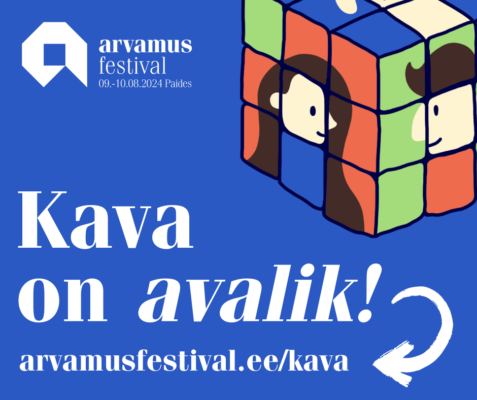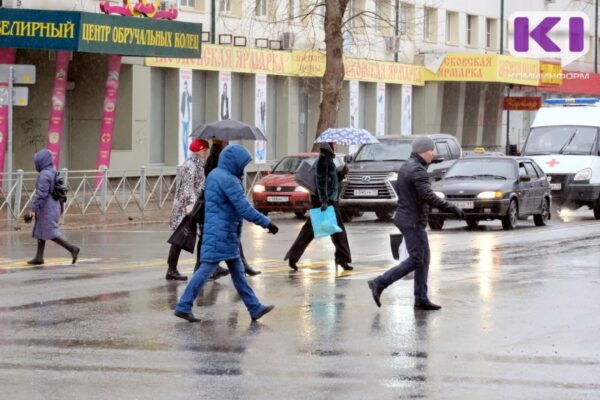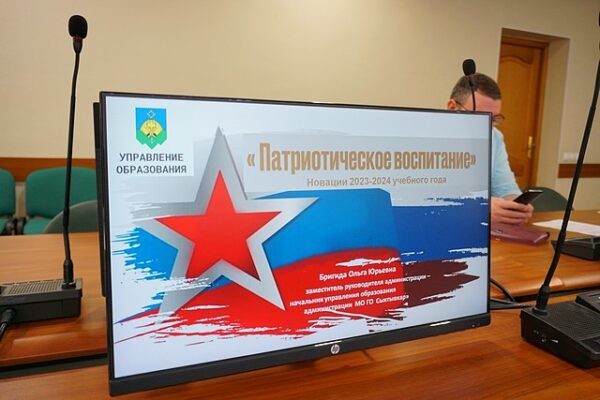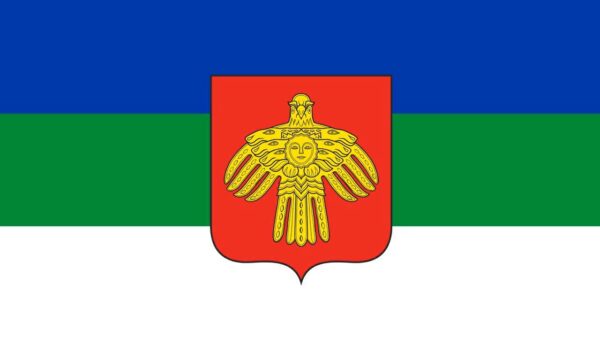Chairman of the Association of Finno-Ugric Peoples of Russia met the leadership of the Komi Republic
Pyotr Tultayev, Chairman of the Finno-Ugric Association and Senator of the Council of the Russian Federation, met with the Head of the Republic Vladimir Uiba and the Chairman of the State Council of the Republic (Speaker) Sergey Usachov on 2 February.
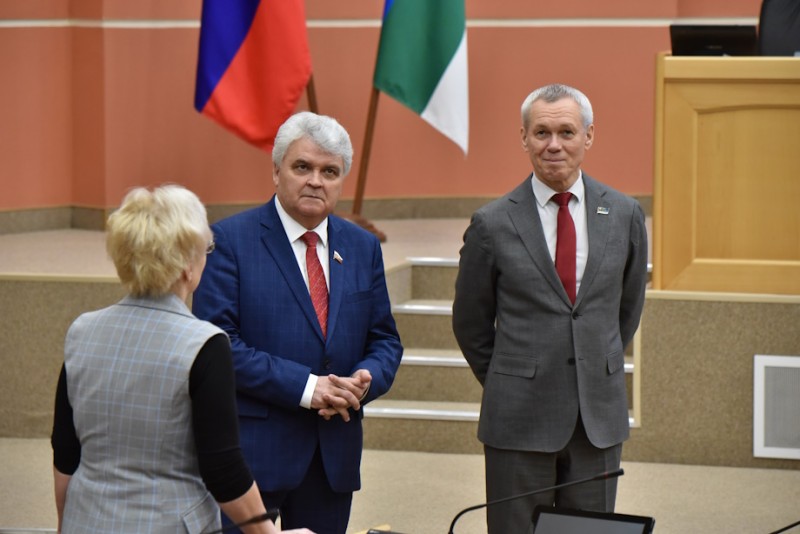
While the meeting with Uiba is described in general terms on the association’s website (the issues of teaching the Komi language and publishing textbooks were discussed, as well as the cooperation of local authorities with the inter-regional social movement Komi Voityr), the meeting with the Speaker of the Parliament is described in some detail.
The range of issues discussed at the meeting with Usachov was similar to that discussed at the meeting with Vladimir Uiba. However, the information agency Komiinform has published a partial summary of the meeting.
According to the report, Tultayev noted that the authorities of the Komi Republic are paying more attention to the Komi language and that conditions have been created for the study of the Komi language in the republic. Perhaps this is sometimes incomprehensible to the population of the republic, who consider the learning of the Komi language to be an obligation. ‘But, believe me, there are regions where the situation is completely different’, Tultayev noted. The demands of the indigenous peoples are simply being met, he said, a clear example being the memorandum of understanding signed between the authorities and the Komi Voityr. The decisions of the congresses are not just considered, but implemented, reported by the relevant ministries and all interested departments, and the head of the region controls all the work, he said. ‘Many issues may be approached differently and opinions may differ, but feedback is always important. Here I see understanding and a good attitude towards the national language and culture’, said the senator.
Sergei Usachov confirmed that Komi Voityr has a high status and is the only social movement in the region with the right of legislative initiative. The Komi Republic is the only republic in the Russian Federation where a representative organisation of a national movement has the right of legislative initiative. According to the Speaker, all efforts have been made by the executive and the legislature in support of the Komi language – this is the result of cooperation between the authorities, the indigenous people and the public.
Sergei Ushachov mentioned that quite recently the language issue was discussed in the Presidium of the Komi State Council. Several speakers at the time pointed out that there was a time when the national language was losing its relevance; learning it was not welcome in families; some parents felt that it was better for a child to know English in order to succeed in life. Now the situation was changing, he said, interest in the national language was being revived, it was being used more and more in families and the Komi language had become prestigious. ‘This is important because it is our history, our roots. By preserving the language, we preserve our spiritual and moral values, not like in the West, where everyone has a price tag attached. It is important that the national question is always firmly defended and is not used to settle someone’s personal interests or political problems’, Usachov stressed.
Sergei Usachov and Pyotr Tultayev also visited the chamber of the Republican Parliament. The Senator was shown how the system of simultaneous translation from Komi into Russian works and was introduced to the history of Komi parliamentarianism.
However, the situation of the Komi language is not good, according to Fenno-Ugria. Data from the latest census, sociological surveys and the number of students learning the Komi language do not in any way indicate an increase in the prestige of the Komi language. There is a rapid decline in the number of speakers of the Komi language in the republic, and the number of people who consider themselves to be Komi has also fallen significantly. According to the 2021 census, 143,516 people considered themselves Komi-Zyrian, a decrease of 37% compared to 2010.
